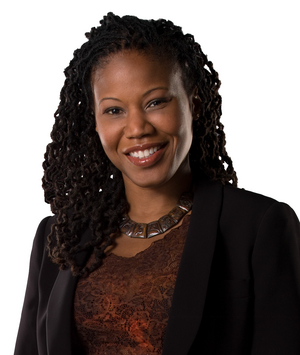On January 11, 2011 IRIS released a comprehensive report on its 2010 annual survey on waste. This was celebrated with the screening of the documentary: Garbage! The Revolution Starts at Home by Andrew Nisker, a York University graduate. Nisker’s film has been shown to more than 1,000 communities worldwide, at more than 200 schools and has been selected for various film festivals.
The inspiration for this film came from the 2002 garbage strike in Toronto. In order to deal with the abundance of garbage, people were throwing their waste into Nisker’s neighbourhood park. This led him to inquire: what happens to our garbage when we leave it on the curb, and what impact does this have on our environment?
Nisker, who suffers with asthma, became particularly interested in the effect that pollution has on our emotional and physical health. “Garbage is a common theme around the world,” said Nisker. This documentary explores the average family’s creation of waste and offers commentary from experts on the impacts that commonly used chemicals have on our bodies and the environment. The documentary focuses on family of five, who according to Nisker, have drastically changed their consumption patterns since the documentary. The family has sold their SUV and purchased a smaller car and eliminated their bottled water consumption.
Following the film, Meagan Heath Waste Management Supervisor at York University’s Waste Management Services, spoke about some of the waste initiatives that are being taken at York. For Heath’s PowerPoint presentation, please click here.
Are you too concerned about the environment, your waste and a sustainable future? For some great tips on how to ‘go green’ this year, read Dawn Bazely’s latest blog: Happy New Year... How to make good intentions sustainable.


